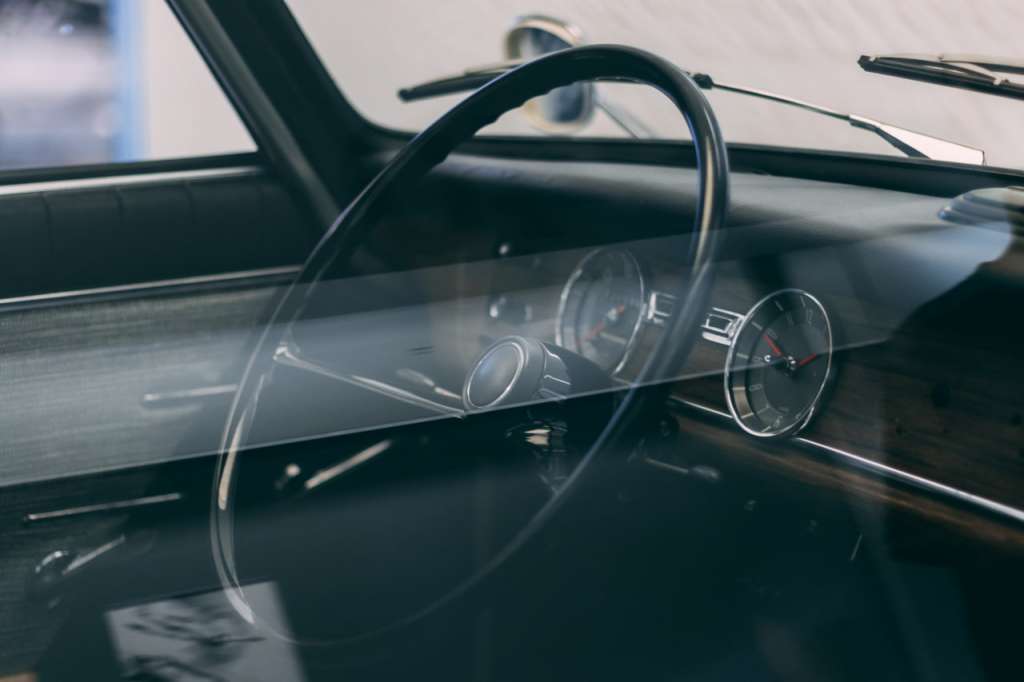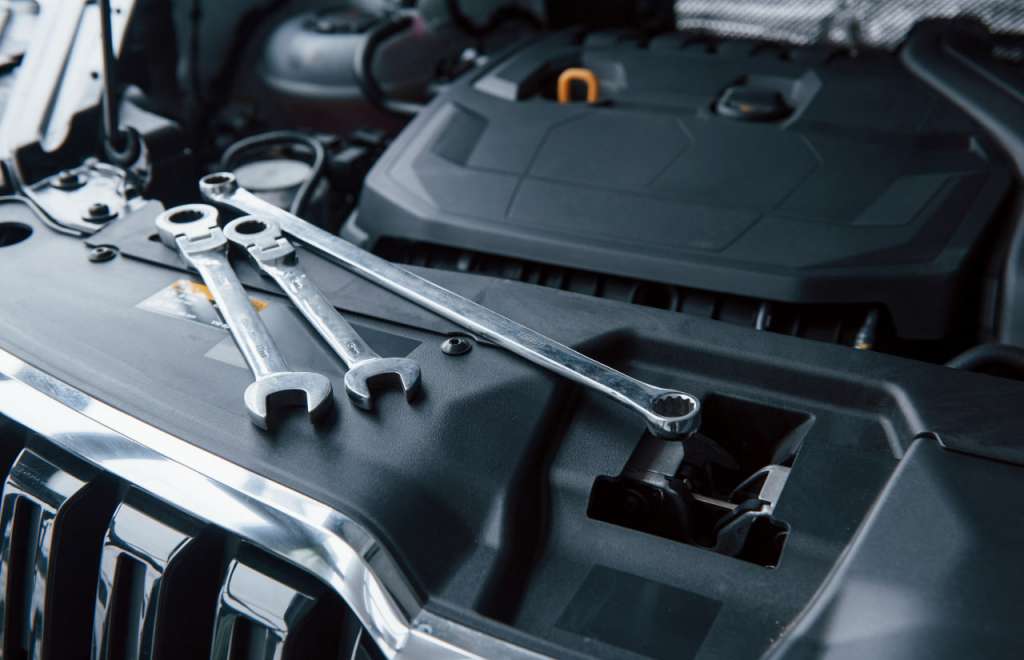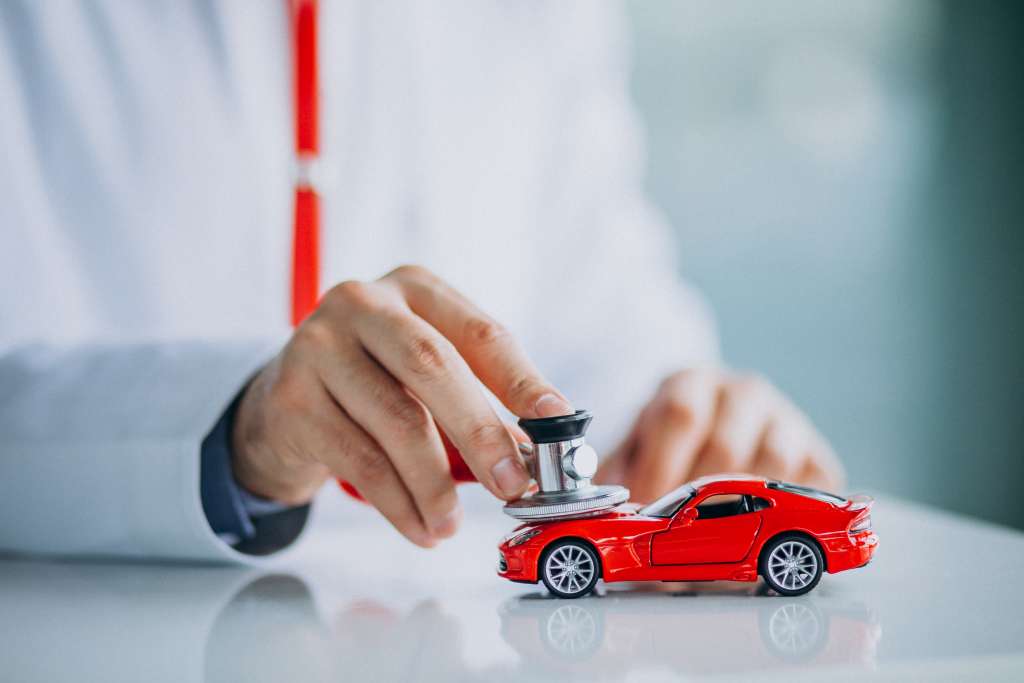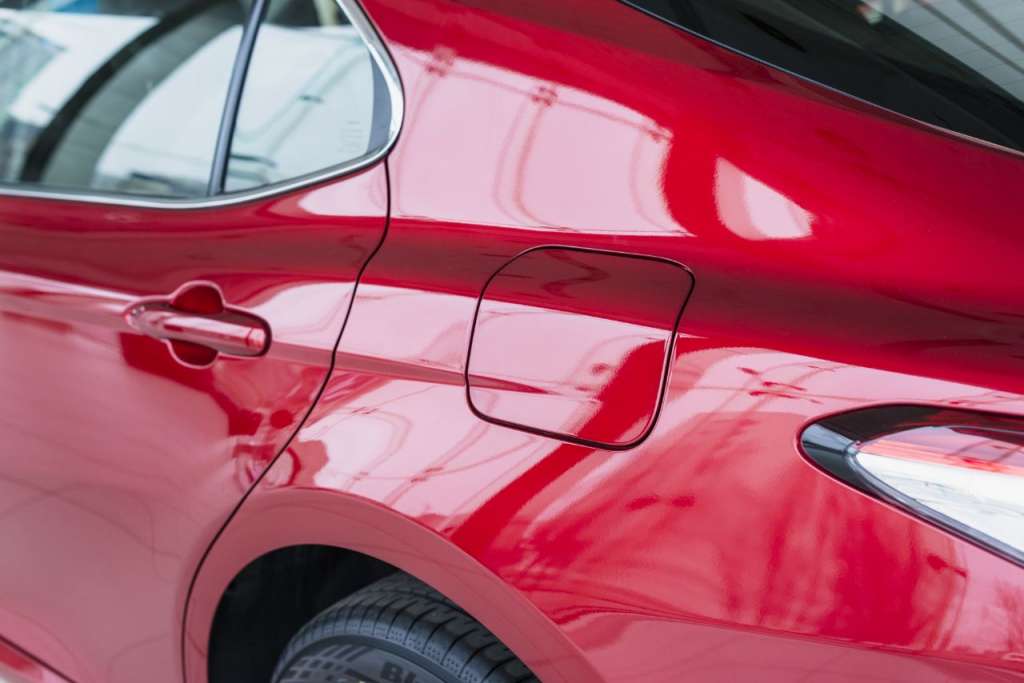You might be wondering what is a VIN code on a car? The vehicle identification number (VIN) has been around for a long time. It first appeared in the middle of the last century and could initially have any length. Since the mid-1980s, however, a standardized representation of the VIN has been introduced, consisting of 17 digits and uppercase letters of the Latin alphabet.
A bit of history
To fully understand what a VIN code is, it is helpful to dive a bit into the history of motor vehicles themselves.
There were times at the dawn of the automotive industry, when cars could actually be counted on the fingers, and everyone around knew the owners of each of them.
As industrial production increased, a large number of similar vehicles appeared on the roads. It became difficult to distinguish them, which the thieves-hijackers did not fail to take advantage of. It became necessary for manufacturers to identify every vehicle individually. This is when the idea for a unique number on each vehicle was conceived.
Thus, the VIN number is a kind of passport, unique data of the car, allowing it to be protected from theft.
What can I find out from the car's VIN code?
So, what does the VIN number mean? Protective functions remain relevant today. But the tasks of the VIN number have expanded significantly. Today, this combination of symbols is a real storehouse of information for those who are going to buy a car for themselves or are looking for spare parts, components, and upgrade elements for an already purchased one.
Basically, the following information is encrypted in the combination:
- the country where the car was assembled;
- the brand and specific model of the vehicle;
- the wheelbase, as well as the type of body structure;
- powertrain and transmission specifications;
- year of production;
- information about the factory;
- and, of course, the serial number that is assigned to a specific car in the manufactured batch.
Important! The VIN number of the vehicle contains specific information, but it may vary from one manufacturer to another, so be careful when analyzing.
What is the car's identifier code for?
The key point is that the VIN number is needed to track the history of the vehicle. Today, there are quite a lot of different services on the Internet that allow you to get a report on the car. It makes sense to name our company among them.
If we talk in more detail, then you can determine by the VIN number of a car:
- the date of registration of the vehicle with the traffic police;
- the number and frequency of ownership changes, that is the most important information in fact to determine the technical condition of the machine;
- the presence of encumbrances, liens and, most importantly, whether this car is listed as stolen;
- the number and complexity of accidents (usually estimated by the amount of payments);
- previous repairs, places where new body parts are installed during replacement;
- and some other useful information.
But that's not all. If you pay attention to online stores of automotive components, you can see sections where you can check by VIN code whether a specific part will fit the owner's car. It is also possible to place orders for certain parts using the VIN number.
It may seem that for a new car, knowledge of the identification number is not necessary in principle. It will definitely not be stolen (with an extremely high probability), and the necessary part will be found by the technicians from the service center that provides warranty service, if necessary. In fact, in modern realities, it is better for the car owner to still have the code at hand. The fact is that manufacturers are periodically under pressure from environmentalists, greens, consumer rights defenders and, in general, "concerned citizens". As a result, information about the recall of individual batches of cars often appears. In this case, the VIN list provided by the brand is checked. There may be coincidences with previously purchased new cars, which means an unambiguous recommendation and even the need to hand them over to the seller with a refund of the money spent. The problem is not that the car is unsafe – this, often, will not stop our man. It is much more important that maintenance and repairs stop.
Where is the VIN code of the vehicle
To know where is the VIN number in a car, it makes sense to look at the documents for the car. The code will be clearly spelled out there. It would not be superfluous to compare the identifier specified in the documents with that placed on the car itself.
In modern cars, there is a special place for the number on the front window. It is also printed on the elements of the body, engine and transmission. Interestingly, the locations are selected in such a way that even in the most serious traffic accident, a combination of symbols can be set.
We also note that the full list of places where the code is placed is individual for each not only brand, but also model. You can get full information from the consultants of specialized services, or on the Internet.
Is it possible to fake the identification number?
There is potentially such a possibility. Another question is how appropriate it is. For very expensive cars, it might be worth trying, but for cheaper ones, it would be an unnecessary waste of time with no guaranteed result.
The reasons why car thieves or scammers do not practice ubiquitous VIN-number interception are as follows:
- You will have to work with a lot of details. It's not so easy to change all the numbers.
- Services like "vincleaning" not only generate reports on the history, but also actually verify the authenticity of the number. Often, a checksum is embedded in the VIN to protect against such illegal frauds.
- It is very difficult to ensure that the numbers on all parts are exactly the same as those stamped in the factory. Even if they are as similar as possible, they may still differ visually.
- There may also be problems with the documents.
And there is no point in taking risks, since the car market is filled with a variety
of offers. And people are constantly in need of components. But this does not mean that checking the VIN code is an unnecessary waste of time and money. As mentioned above, there are several other areas where it makes sense to start this procedure.
In conclusion, we note the following. According to the VIN code, you can learn a lot about the car, if not everything, from the moment it leaves the factory to its appearance in your field of view. And this opportunity should be taken without fail, since Internet information resources allow you to do this without any problems and in the shortest possible time.












